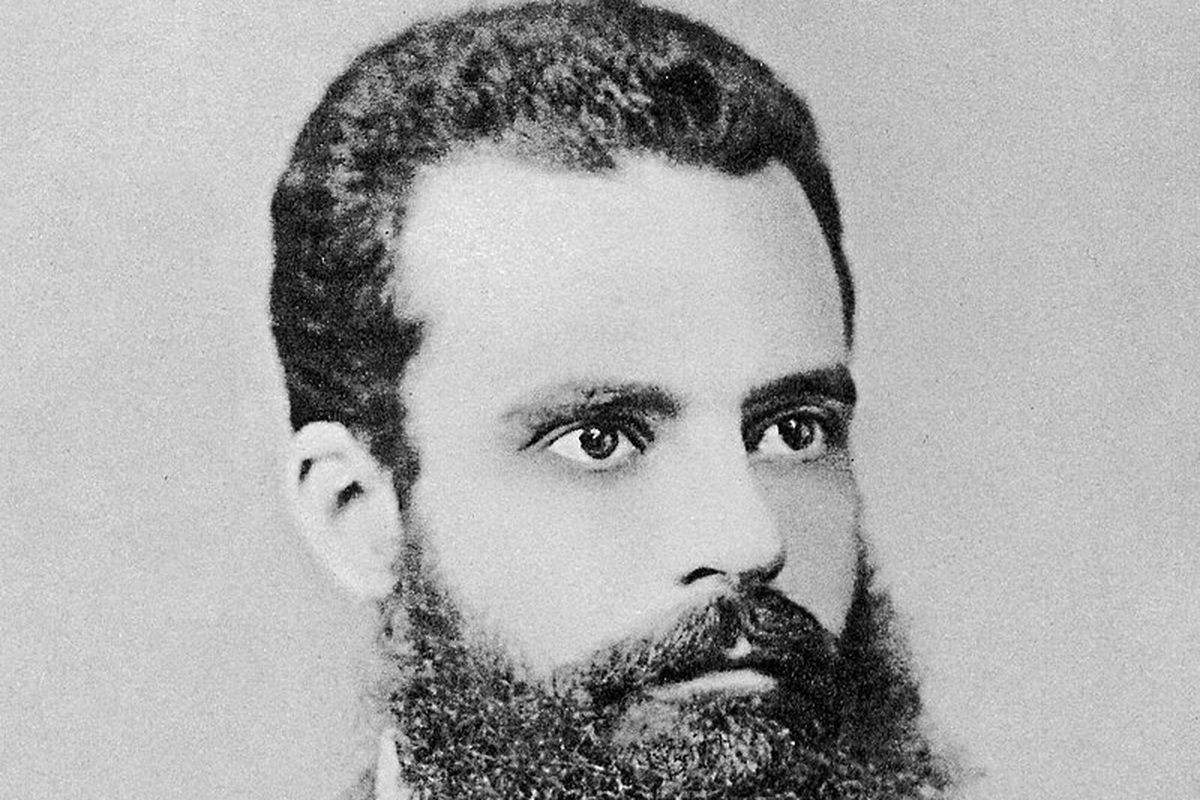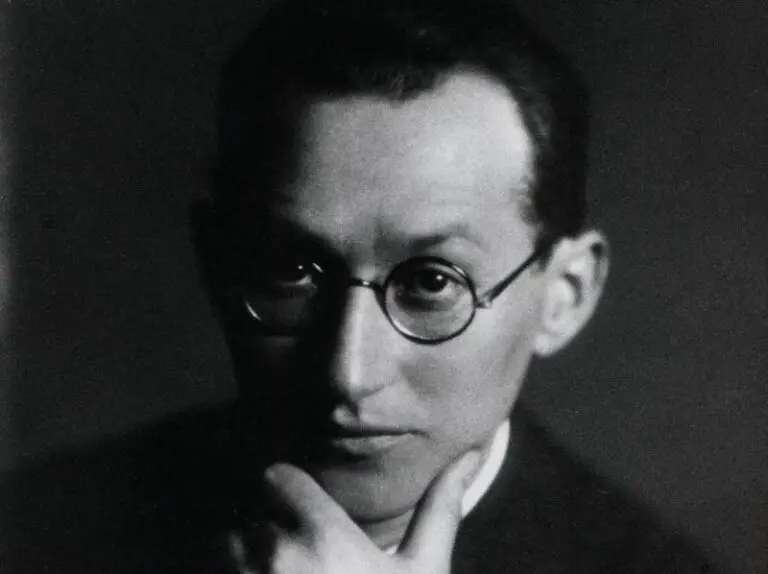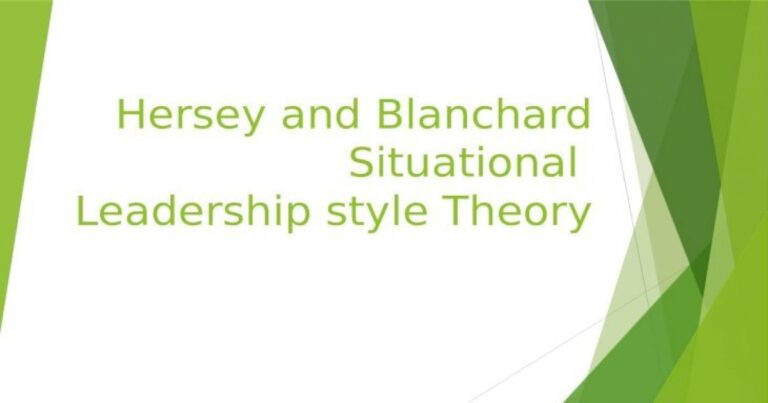Vilfredo Pareto Theory of Elites | Elite Theory of Pareto
What is Elites Theory?
Elites theory argues that a small group had taken the most important decisions in society, what they call the elite. Even in a democracy, this elite is not really accountable to the great mass of the population.
The technical term for government or domination by an elite group is an oligarchy, and you might be thinking that this sounds similar to the Marxist idea of the ruling class. However, unlike Marxists, elite theorists reject the idea that this ruling group is always economically.
How The Elite Control The Masses
Although power is often based on economic resources, it might also be based on other factors. They might include leaders’ psychological characteristics, their charisma, and control of other types of organizations.
For example, in a theocracy such as Iran, political power is concentrated in religious leaders’ hands.
Organizational control with the military is also an important feature of political power in many societies. Elites’ theory seeks to reject the economic determinism of Marxism.
Broadly speaking, there are two main types of elite theory. There’s an older approach called a classical elite theory, which is a political and Left-wing perspective called power elite theory.
- Classical elite theory
- Power elite theory
In classical elite theory, the key difference is that the elite rule is seen as inevitable and maybe even a desirable social existence feature.
Whereas in the more left-wing version, power elite theory is seen as something that could be changed and something which is seen as regrettable rather than desirable.
Vilfredo Pareto Theory of Elites
Classical Elite Theory
The two names most closely associated with classical elite theory are Vilfredo Pareto and Mosca. They were Italian political & economic theorists from the early part of the 20th century.
Vilfredo Pareto and Mosca‘s argument was that in all types of societies, no matter how civilized and even in a democracy, there are basically always going to be two classes of people.
💥🎁 New Year & Easter Deals On Amazon !
Don't miss out on the best discounts and top-rated products available right now!
🛒 Shop Now and Save Big Today!*As an Amazon Associate, I earn from qualifying purchases.
There is a class that rose, and then there’s a class that is ruled.
From this perspective, the socialist or communist idea that the classless society is never going to work. In all societies, political power ends up being concentrated in the hands of a minority group.
Drawing upon the work of McEveley, Pereto suggested that elite rulers tend to fall into two psychological types. Namely;
- The lions
- The Foxes
The Lions
Firstly, there are what he calls the lions. These are the strong leaders whose domination over the masses is typically achieved through coercion and violence.
Foxes
He calls the foxes, and these are political leaders, who tend to be more manipulative, more calculating, more imaginative. It’s this psychological type that is more suited to a democratic system.
Iron Law of Oligarchy
Pareto is an argument that in every type of society, there are two classes. You’ve got the rulers, and then the people who being ruled puts him in agreement with the work of another sociologist called Robert Michaels.
Michael’s believed that in every type of organization and every type of political system, a small group will become the oligarchical leaders. Then the others will follow this ruling group, and he referred to this famously as the iron law of oligarchy.
The iron law of oligarchy existed, Michael’s argued, because elites tend to have greater expertise on better organizational skills than the masses.
💥🎁 New Year & Easter Deals On Amazon !
Don't miss out on the best discounts and top-rated products available right now!
🛒 Shop Now and Save Big Today!*As an Amazon Associate, I earn from qualifying purchases.
This meant that Michaels was skeptical about democracy. From Michael’s perspective democracy, was essentially an illusion, a disguise that concealed the oligarchic tendencies that lie beneath.
The classical elite theories ruled by a small minority and oligarchy are a constant feature throughout history. Even after a political revolution, the only thing that changes is the leaders’ faces but ruled by a small group of some kind continues.
Elite Theory Example
In the early part of the 20th century, Russia was ruled by a small group in an oligarchy, the royal family. In 1917, there was a Bolshevik revolution, but after that revolution, a new elite emerged, the leaders of the Communist Party.
We could argue that even though they conduct elections often, Russia continues to be ruled by a small group of leaders. The history of modern Russia neatly fits this classical elite theory idea of the never-ending circulation of political elites.
This is a contrast to the optimistic view of revolutionary political change that’s built into Marxism. From the perspective of classical elite theory, revolutions don’t change anything.
As George Orwell writes at the end of Animal Farm,
12 voices were shouting and anger and they were all alike. No question now, what had happened to the faces of the pigs? The creatures outside look from pig to man and from man to pig and from pig to man again; but already it was impossible to say which was which.
Classical elite theorists wouldn’t be in the least bit surprised that the early promise of the Arab spring has not been realized. That there is still a political elite such as the military who haven’t let go of their power in countries like Egypt.
Who Are The Elites In The World?
The desirability of Elite Rule
In addition to arguing the oligarchy or ruled by an elite is inevitable, some classic elite theories also argue that rule by an elite group is also a good thing, that it’s a desirable feature of social existence to keep power with a minority rather than giving it to the masses.
This idea that elite rule might, in fact, be desirable is based on the belief that we should leave politics to a cultured, educated, rational elite who are assumed to be much better than the masses who are portrayed as being irrational, ignorant, and apathetic.
💥🎁 New Year & Easter Deals On Amazon !
Don't miss out on the best discounts and top-rated products available right now!
🛒 Shop Now and Save Big Today!*As an Amazon Associate, I earn from qualifying purchases.
In other words, it is more civilized to have society controlled by the uneducated elite rather than by the mob.
Plato on Democracy
This kind of view goes back to the work of the ancient Greek philosopher Plato, who rejected the idea of democracy in favor of a belief in rule by a class of benign philosopher kings who could tell everybody else what to do.
Advantages and Disadvantages/Criticism of Elite Theory
- There is evidence to support the idea that countries experiencing more economic success are linked to support of successfully performing democratic institutions from political elites.
- The elites who are the intellectuals can help communities break out of their mediocrity to achieve more in society.
Criticism of Elite Theory
- It’s been criticized for being too simplistic, particularly for not distinguishing between different types of political systems. According to classical elite theory, all political systems are essentially the same, which means that the rial genuine differences between democracies and authoritarian regimes are dismissed. They’re all regarded as oligarchies.
- Secondly, this kind of argument that political elites are superior to the masses is just an assertion. No objective criteria are being provided by which we could measure the so-called superior qualities of the elite.




